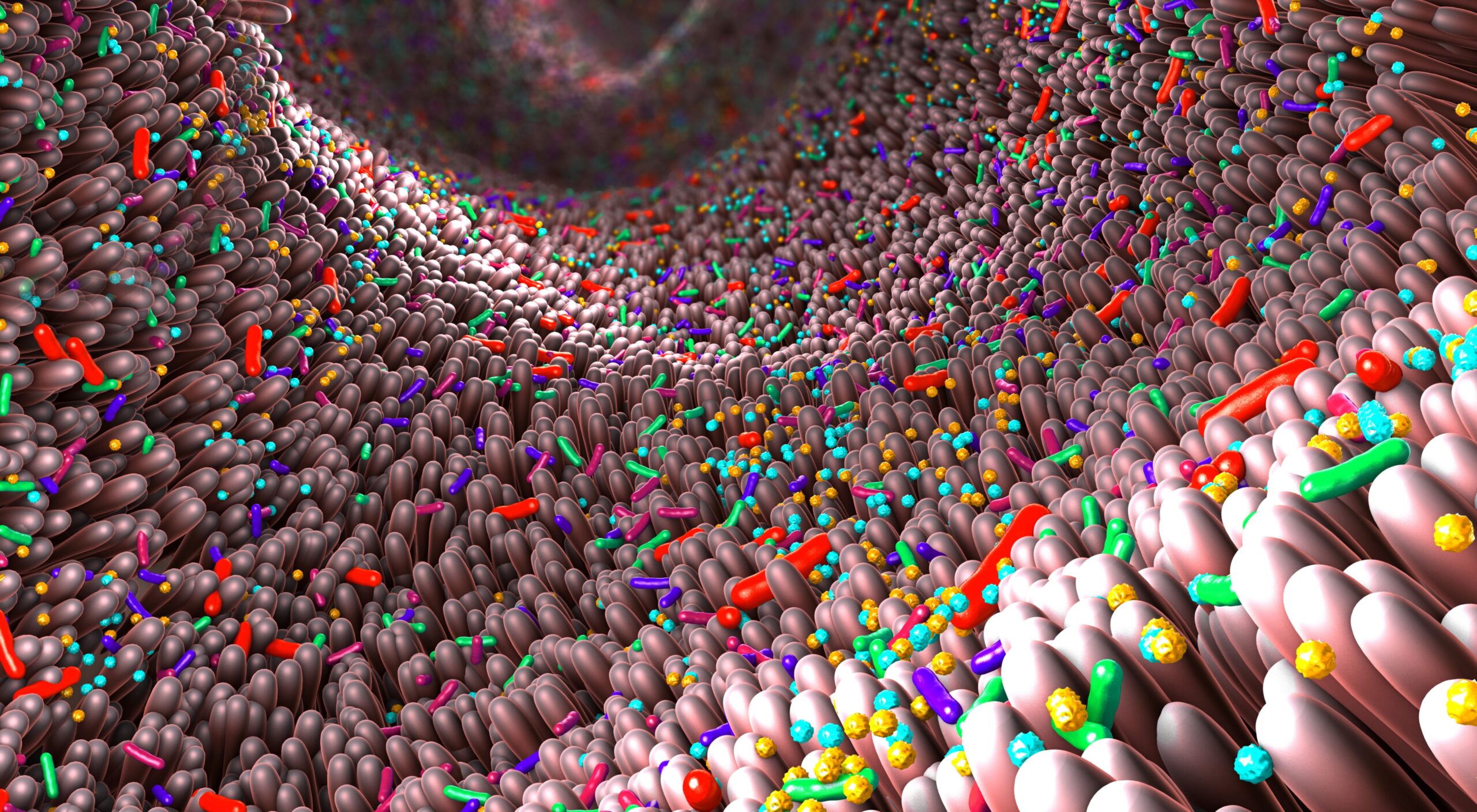At risk for diabetes? Watch those carbs, says a new study
While low-carb diets are often recommended for those being treated for diabetes, little evidence exists on whether eating fewer carbs can impact the blood sugar of those with diabetes or prediabetes who aren’t treated by medications. Now, according to new research from Tulane University, a low-carb diet can help those with unmedicated diabetes — and …











